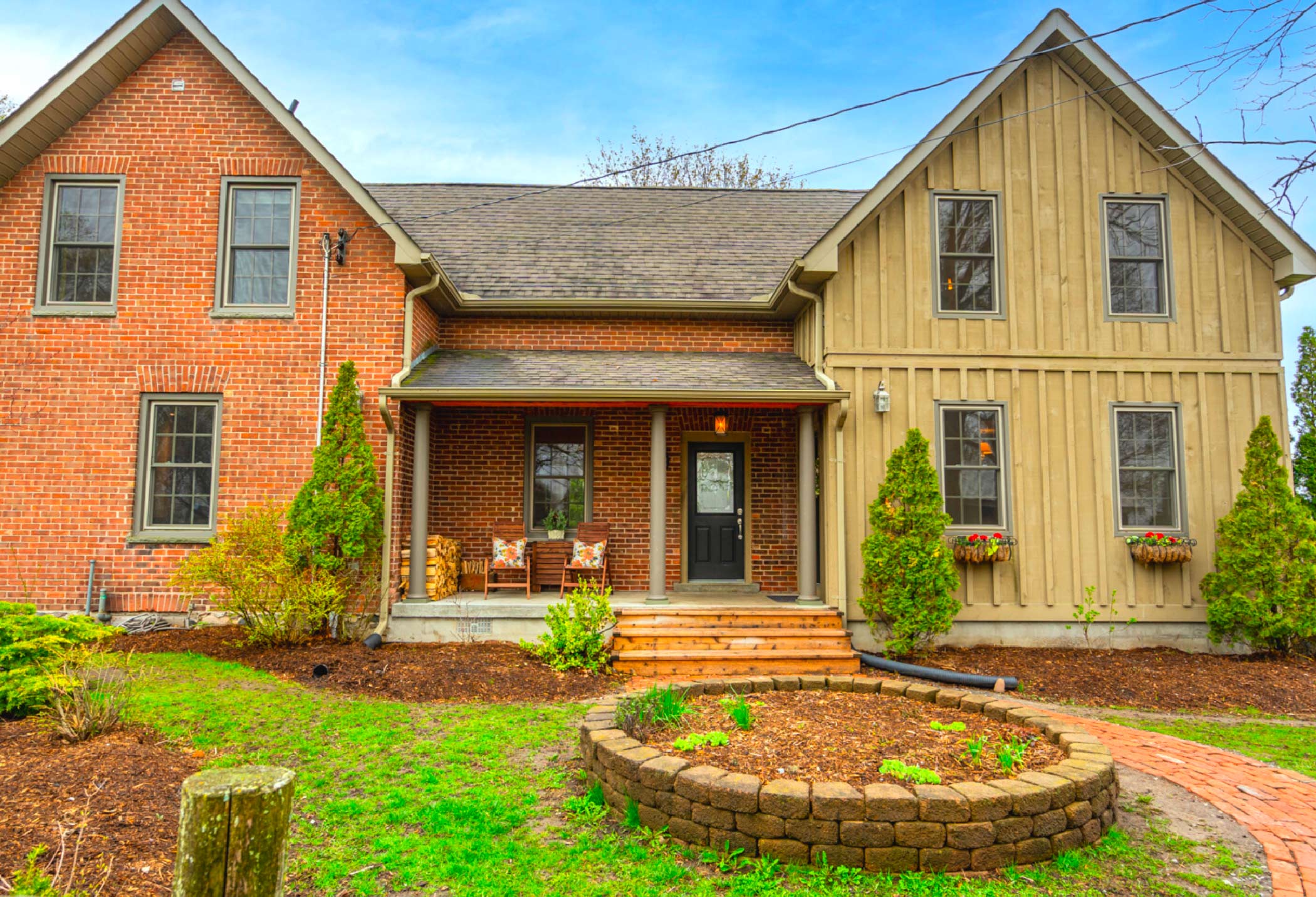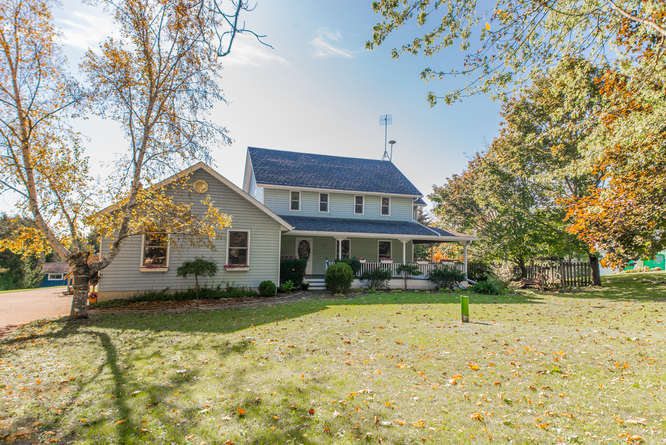Moving to a new home is exciting, but there’s a lot that goes into it. Along with getting all your belongings from your current home to your next place, you’ll also be navigating a ton of financial variables.
Here’s the deal – buying or selling a home is much more intricate than a transaction you’d have at the grocery store or a yard sale. In addition to the final price that’s decided during negotiations, there are other costs to account for. You’ll want to closely consider these financial aspects as you approach your move.
In this blog post, we’ll cover some of the secondary costs that come when buying, selling, or both to help you create a solid financial plan for your upcoming move.
What Goes Into a Buying Budget?
There’s more that goes into buying a home than the number you see on the listing. As a buyer, you’ll want to have a solid idea of your expenses so you can budget accordingly.
The Down Payment
Speaking generally, a home is something you pay off over time. That said, when you’re in the marketplace, you will be making a substantial down payment upfront. While there was once a time when buyers needed to budget for a down payment of 20%, lender’s standards have shifted in recent years. Today, you may be able to qualify for a mortgage with a down payment of just 5%.
Don’t forget: If you make a down payment below 20%, you will need to get CMHC mortgage insurance. This is another thing to add to your budget.
Working With a Lawyer
Real estate lawyers take on a wide range of duties. Working with you and your agent, it’s their job to ensure your interests are protected as the sale closes. While exact costs can vary, it’s usually good to budget a couple thousand dollars for legal fees.
Land Transfer Tax
Another notable expense that you’ll be on the hook for as a buyer is land transfer tax (LTT) – which is calculated based on the purchase price and assessed value of the property. However, if it’s your first time buying a home, you could be eligible for a rebate on this cost.
Thinking about your next home purchase? Check out these blogs for helpful tips and insights!
- What Are My Mortgage Options in Today’s Market?
- Is Now the Right Time to Buy in Durham Region & Kawartha Lakes?
- Moving Out of Toronto? Here Are 5 Tips For Transitioning to Life in a Smaller Town
What Are The Costs of Selling
Creating a budget before you sell something may seem counterintuitive. However, selling a home is a lot more complex than your average transaction. There are certain costs built into the selling process that will impact what your final returns are when all is said and done.
Getting Ready for the Market
If you’re looking to get a great result from your home sale, you’ll want to do some preparation before you list. This could include things like cleaning and decluttering your home, making a few cosmetic design changes, fixing a leaky tap, or taking care of larger repairs on the property.
While some aspects of pre-listing preparation only require a bit of elbow grease, other things may require outside help. With that in mind, you’ll want to leave a little space in your budget to ensure your home wows buyers when they see it.
Real Estate Agent Costs
As a seller, you’re responsible for paying a commission on the sale of your home. Every agent has their own rates, however, you can typically expect to budget for about 3% to 7% of your home’s final sale price.
Legal Fees
Just like buying, selling your home means working with a real estate lawyer. And once again, the exact costs will vary depending on your personal circumstances. However, your real estate agent can help you get an idea of what your legal expenses may look like ahead of your sale.
Selling your home soon? Check out these other blogs for important insights!
- Is Now a Good Time to Sell My House?
- Do I Need to Make Property Upgrades Before I Sell?
- How to Find a Reliable Real Estate Agent
Costs on Moving Day
Whether you’re buying a home, selling one, or both, there are a few costs that will be a part of your real estate journey. That said, the total picture of your moving costs extends beyond just the transaction itself. Here are a few more items to budget for as you get ready for moving day.
Hiring Movers
Professional movers take on all the heavy lifting – literally. For a lot of people, going this route is an effective way to eliminate the stresses of getting your belongings from point A to point B.
Keep in mind that the total cost of hiring movers will depend on your exact needs. However, it can reach up to a few thousand dollars.
DIY Moving
If you don’t have too much stuff and have some friends or family who can help, taking a do-it-yourself approach to moving can totally work! That said, while this option can help you save on the cost of professional movers, there are other expenses to plan for such as:
- Moving truck or vehicle rental
- Gas
- Packing supplies
Filling in the Blanks
While you’ll be bringing lots from your current home to your next one, there will probably be a few things you’ll need to buy once you’ve moved in. Whether it’s something as small as new cutlery or as big as a new couch, it’s important to leave space in your budget for whatever you may need to make your next space feel like home.
Moving? Don’t Forget to Choose the Right Agent!
If you’re moving to a new home there will be a lot of big details to sort out. However, none are as important as the real estate agent that you choose to work with. From selling your current home to finding your next one (and everything in between) it’s your agent’s job to steer you towards a great result.
At Puckrin & Latreille Real Estate, we have decades of experience buying and selling homes in all kinds of market conditions. We have the know-how, expertise, and resources to help you reach your goals with ease.
Moving to a new home? As a real estate team with decades of experience, we can help. Call 905-985-7300 to reach our team or click here to send us an email.


Stay Connected
With local real estate when you sign up for our newsletter. Join our mailing list here to get updates on the latest listings and expert insights.








